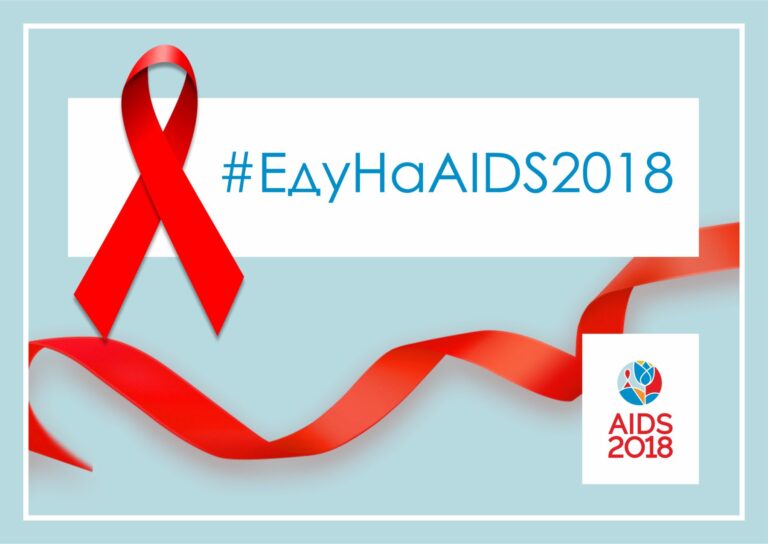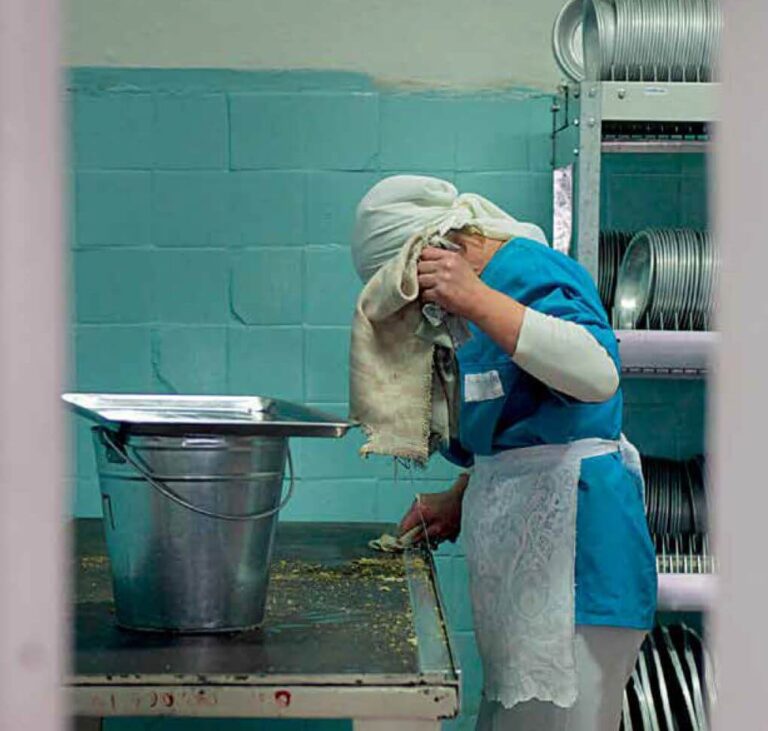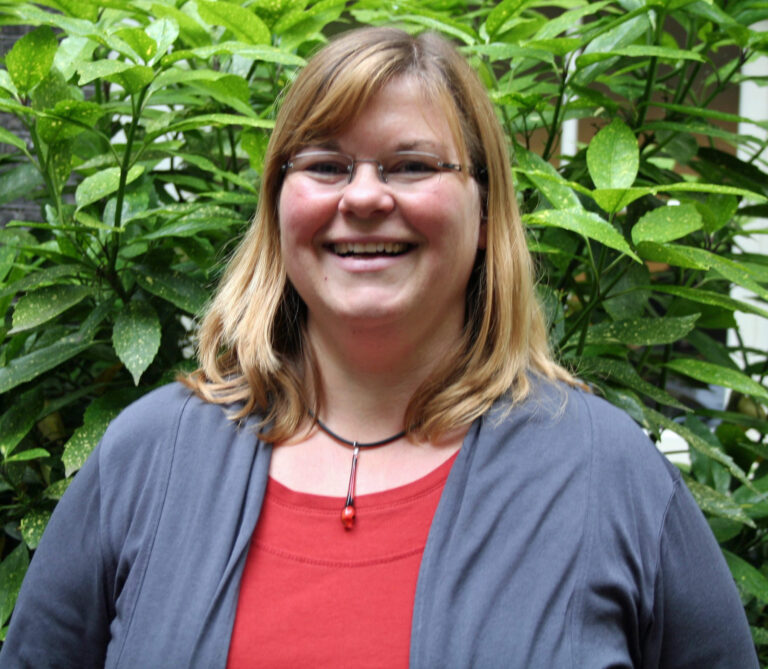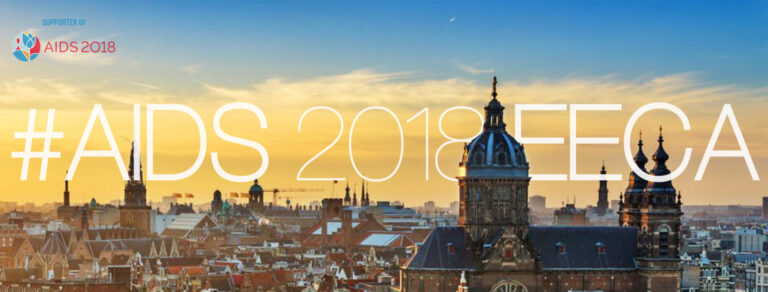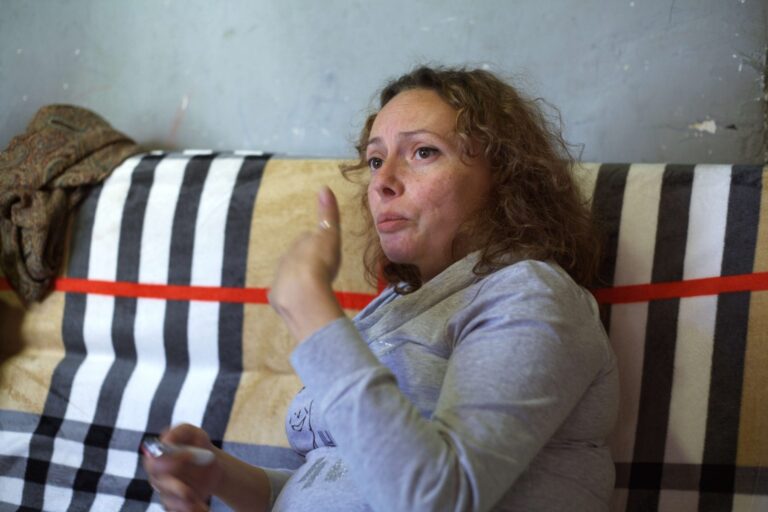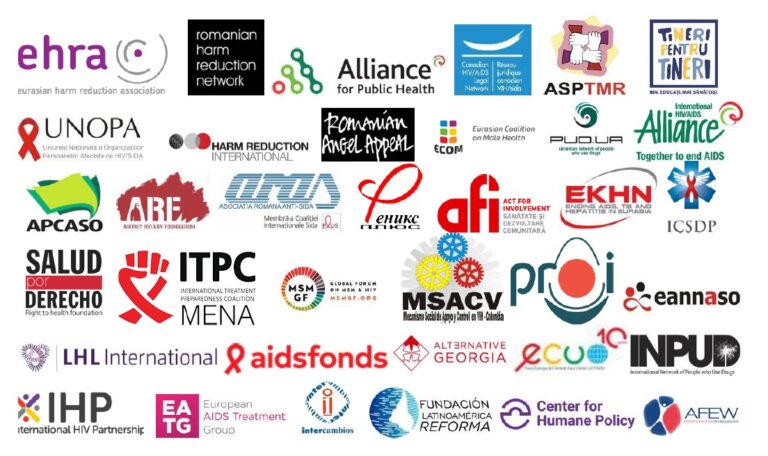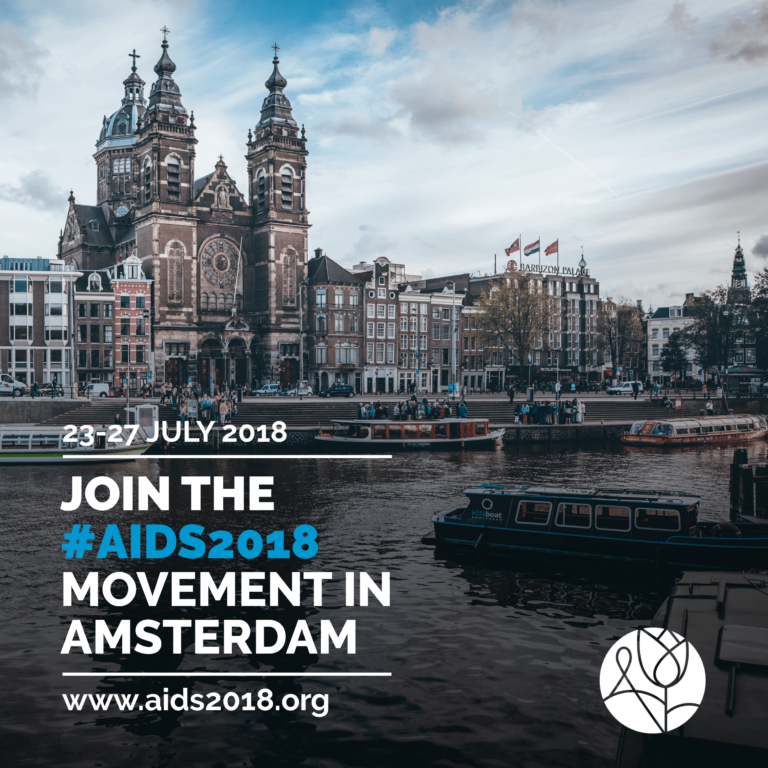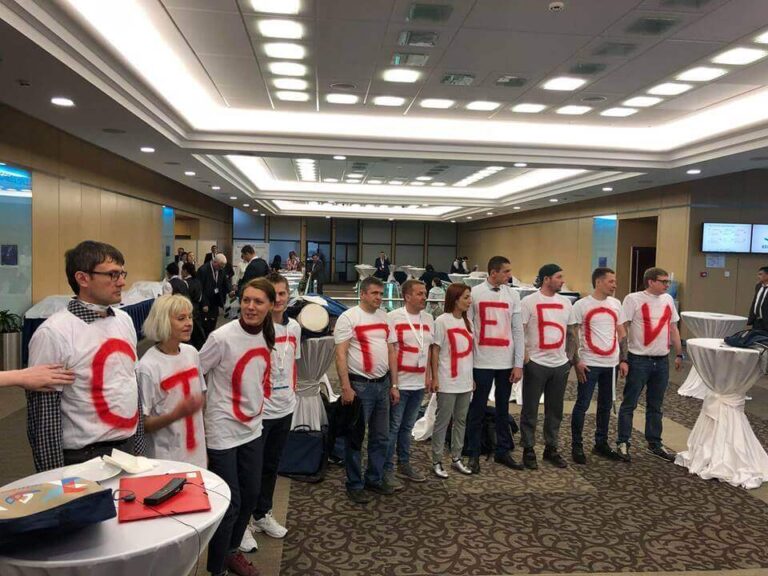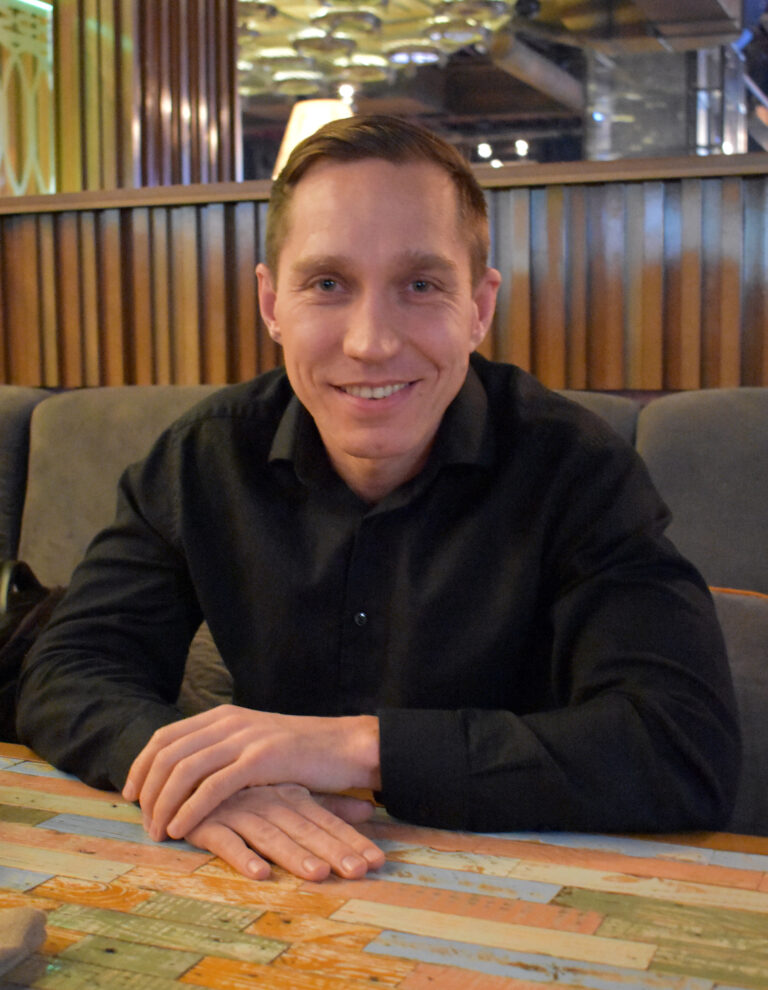
Mikhail Golichenko: “HIV Epidemic in Russia is an Epidemic of Powerlessness”
We discussed the human rights issues in the context of HIV in Russia with Mikhail Golichenko. Mikhail Golichenko is a lawyer and Senior Policy Analyst at the Canadian HIV/AIDS Legal Network — organization, which has a special consultative status at the United Nations Economic and Social Council. Previously, Mikhail was a Legal Officer with the UNODC Country Office in Moscow. His work is focused on the promotion of human rights and addressing legal barriers to accessing health rights and effective HIV/AIDS prevention and care programs for prisoners and people who inject drugs. He holds a Candidate of Sciences degree (PhD equivalent) in Law.

